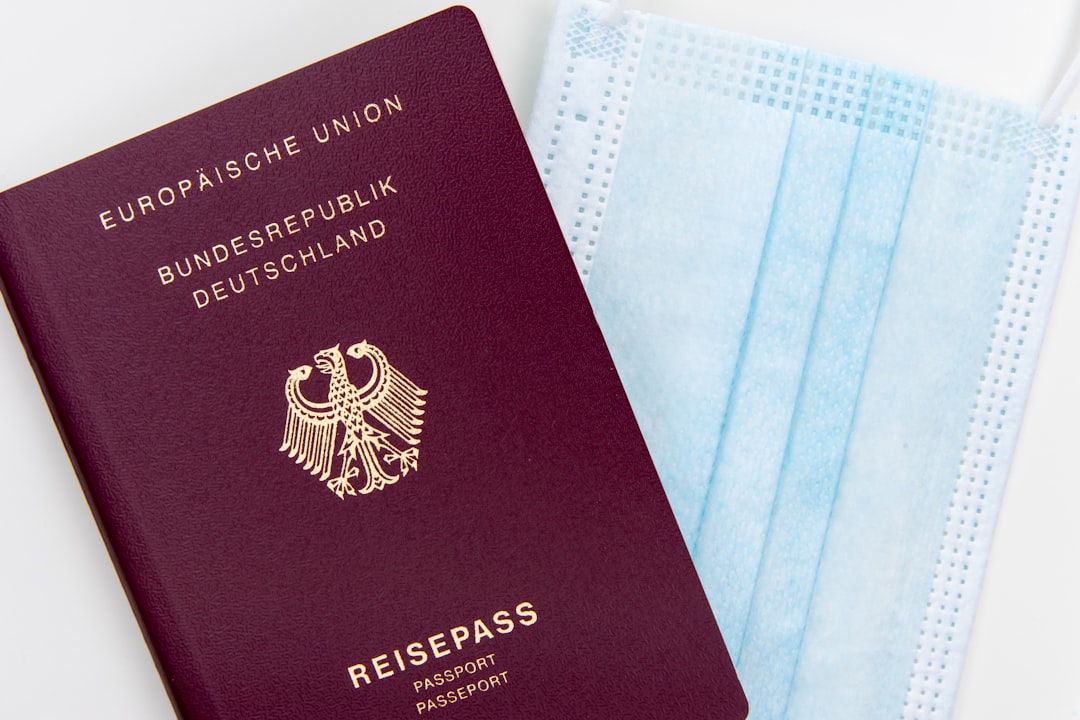Universal suffrage at last!
Dear Reader,
On Wednesday I send my newsletter to everyone on my mailing list. Please feel free to join in the discussion below the line, forward to friends, or share online. If you haven’t yet signed up for membership, you get a month for free. if you don’t like it, cancel!
Best,
Jörg Luyken

It is an injustice comparable in its severity to the recently lifted prohibition on gay marriage: Germany has a general ban on dual citizenship. This has left millions of immigrants paying taxes and contributing to the economy without enjoying the right to vote.
Current German law states that non-EU nationals have to give up their citizenship of birth when they take on German nationality. Only in exceptional circumstances are they allowed to keep both.
Quite why this is so has never been totally clear to me.
For conservatives, holding just one passport appears to be a question of loyalty. In their world view, holding two passports in your pocket means you are permanently torn between two allegiances.
This bizarre idea - that a passport casts a magic spell of loyalty on its holder - is almost as implausible as the German left’s faith in homoeopathy.
But it’s obviously very dear to the hearts of the CDU party.
After a string of terror attacks in 2016 carried out by extremists who had arrived as refugees, CDU delegates voted at their party coneference that year to overturn a reform from 2014 that allowed the children of immigrants to keep both nationalities. Because that is obviously what stops terrorism.
With a centre-left coalition now in power, this sort of hocus pocus thinking doesn’t hold much sway anymore.
In a plan announced on Monday, Olaf Scholz’ government announced a major reform of nationality rules, the most significant of which is an end to the ban on dual citizenship.
That will make a big difference to the lives of at least five million people who have lived here for a decade but still don’t possess a German passport.
Some of those people don’t want to give up their home passport for practical reasons - they plan to retire back home. For others, the reasons are likely to be more emotional. Whatever the case, charities that offer advice on the naturalisation process say that having to give up one’s old citizenship is a major deterrent for many people.
Enabling dual citizenship is just one part of the reform. It also forsees easier language requirements for those over the age of 65.
This is intended to help the so-called Gastarbeiter generation, people who came to Germany in the 1960s and 1970s at a time when companies couldn’t find enough workers domestically. Gastarbeiter means guest worker. Those people weren’t meant to stay and little effort was put into providing them with language schooling. So it is only right that the language requirements are eased.
Another central aspect of the reform is that the residency requirement for citizenship will be dropped from eight years to five. That change will bring Germany in line with other major economies like France and the UK.
Nonetheless, people who want a passport will have to prove that they can speak German to a decent level of fluency. And, as far as I can make out, they will still have to do a citizenship test that shows they know exactly what is verboten and what not in their federal state.
The CDU have been outraged by the plan, with one senior figure claiming that it would “cheapen” the German passport. Another claimed Scholz’ Social Democrats were only easing the rules because they expected that most of these new Germans would vote for them.
Opposition leader Friedrich Merz said that “the German passport is something very valuable that one should treat with great care” and added that “we don’t agree with handing it out too liberally.”
The CDU and their magical passports.
While Merz’ opposition is predictable as he seeks to reestablish the party’s conservative credentials after the Merkel years, the reaction of the Free Democrats (FDP) has been more puzzling.
The liberal party, the smallest member of the coalition, have grumbled that “now is not the time for a simplification of the right to citizenship.” That’s an eye-opening statement given that their own election manifesto called for both permitting dual citizenship and for the residency requirement to be cut to four (!) years.
Struggling in polling, the FDP are obviously now in panic mode and have decided that the solution is to try to outcompete the CDU on the right. Whether this is a strategy that will appeal to their general younger voter base seems questionable.
The good news though is that - due to an obscure technical detail of German parliamentary procedure - the CDU can’t block the law up in the Bundesrat, like they did with the Bürgergeld welfare reform earlier this month.
Whether conservatives like it or not, Germany is going to become a land of immigrants. That has nothing to do with Multikulti ideology. It is based on the simple mathematics that many more Germans are retiring than are graduating from high school.
The gaps this is leaving in the labour force can only be filled through immigration. Any democratic society worth its salt will repay these people by giving them the most basic right that such a society offers: a vote.
One could argue, give the modern make up of our societies, that this is the biggest moment for voting rights since the women’s suffrage movement succeeded a century ago.



Interesting - thanks for this info. Super relevant to me and many others who’ve decided to settle in this lovely country and cannot decipher German just yet. 👍🏻